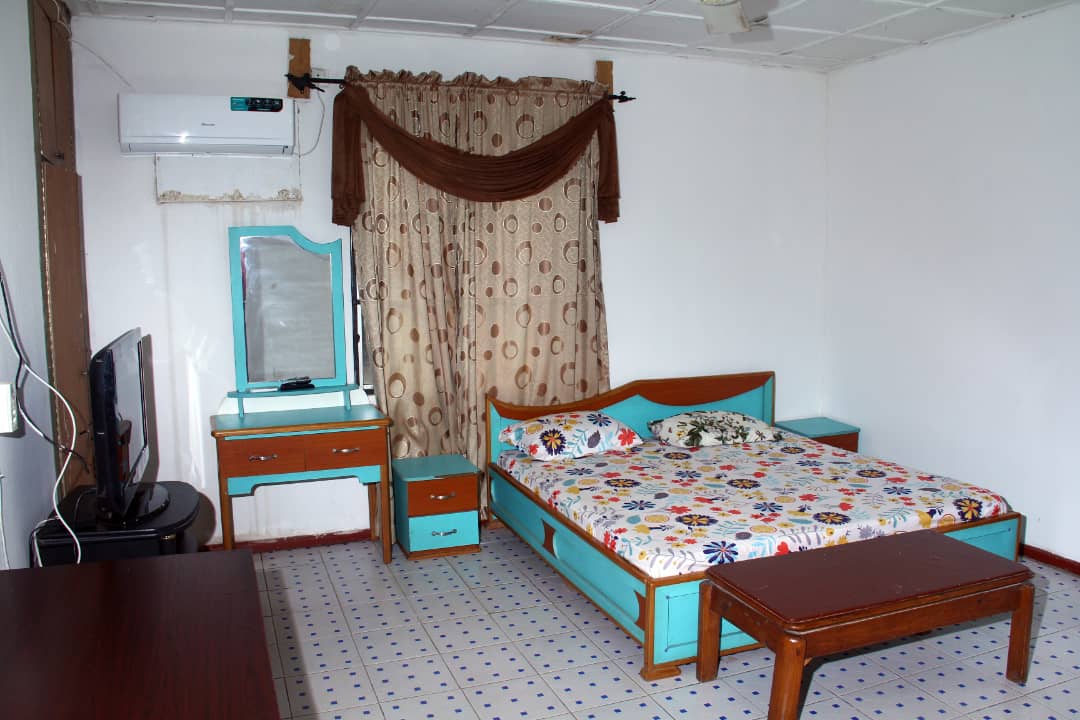Our Programs

Outpatient Detox Programs
Patients with mild-to-moderate drug withdrawal symptoms might find outpatient detoxification a fitting alternative to residential detox. Outpatient detox is safe, effective, and takes less time to complete than inpatient detox; the average outpatient detox is 6.5 days. Patients must visit a hospital or other treatment facility for physical and mental check-ups during outpatient detox. Clinicians or doctors might administer medications on-site to soothe withdrawal symptoms like anxiety, depression, and increased heart rate.

Wellness and fitness activities
Wellness programs are essential elements of any substance abuse treatment plan. Although psychiatric therapies, skills, and procedures are the basis of addiction recovery, wellness and fitness activities are critical contributors to the health of the mind and body.
Such activities promote an optimistic outlook and confidence, thus helping to maintain abstinence and general well-being. The advantages of exercise, nutrition, and other concepts of wellness can’t be underestimated in the treatment of substance dependence disorders.

Family Therapy
Successful inpatient clinics know family involvement is crucial to recovery. Family members can contact loved ones in residential treatment to provide emotional support and encouragement.
It will depend on the individual case when it comes to who and how often residents can communicate with their loved ones. Our rehab center also provides counseling for the family of the individual in treatment.

Aftercare Program
“Aftercare,” which is sometimes referred to as “continuing care,” is a type of structured care to help a person continue the progress they made after completing a formal addiction treatment program. This may include inpatient or outpatient treatment programs at differing levels of care. Addiction aftercare programs may also be considered a form of “step-down” care following a more intensive treatment program like residential treatment.
At Elshaddai specialist hospital, we offer aftercare planning to help a person transition into the next phase of their recovery.

In patient Services
Our inpatient recovery programs, also known as residential treatment, require patients to check themselves into a controlled environment to overcome their addictions. Patients stay at a clinic with 24-hour medical and emotional support.
During inpatient treatment, residents are able to completely focus on getting well and sober without the distractions of everyday life. A typical day in residential treatment is carefully scheduled and accounted for. Psychologists, counselors, and psychiatrists meet with patients individually and in group settings to guide inpatient recovery. A typical inpatient program runs anywhere from 30 days to 6 months , with review every 30 days.

Out patient services
Outpatient drug rehab is less restrictive than inpatient programs. Our outpatient recovery programs usually require 10 to 12 hours a week spent visiting our facility/treatment center,preferable for those living in the same city.
These sessions focus on drug abuse education, individual and group counseling, and teaching addicted people how to cope without their drugs. Outpatient drug rehab can be a good standalone option for someone with a mild addiction, or it can be part of a long-term treatment program. Outpatient drug rehab can last 3 to 6 months—something similar to inpatient treatment—or over a year depending on each individual.

